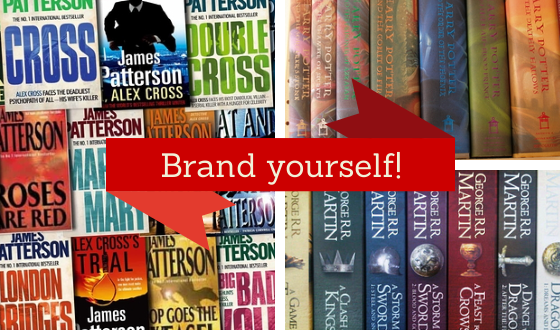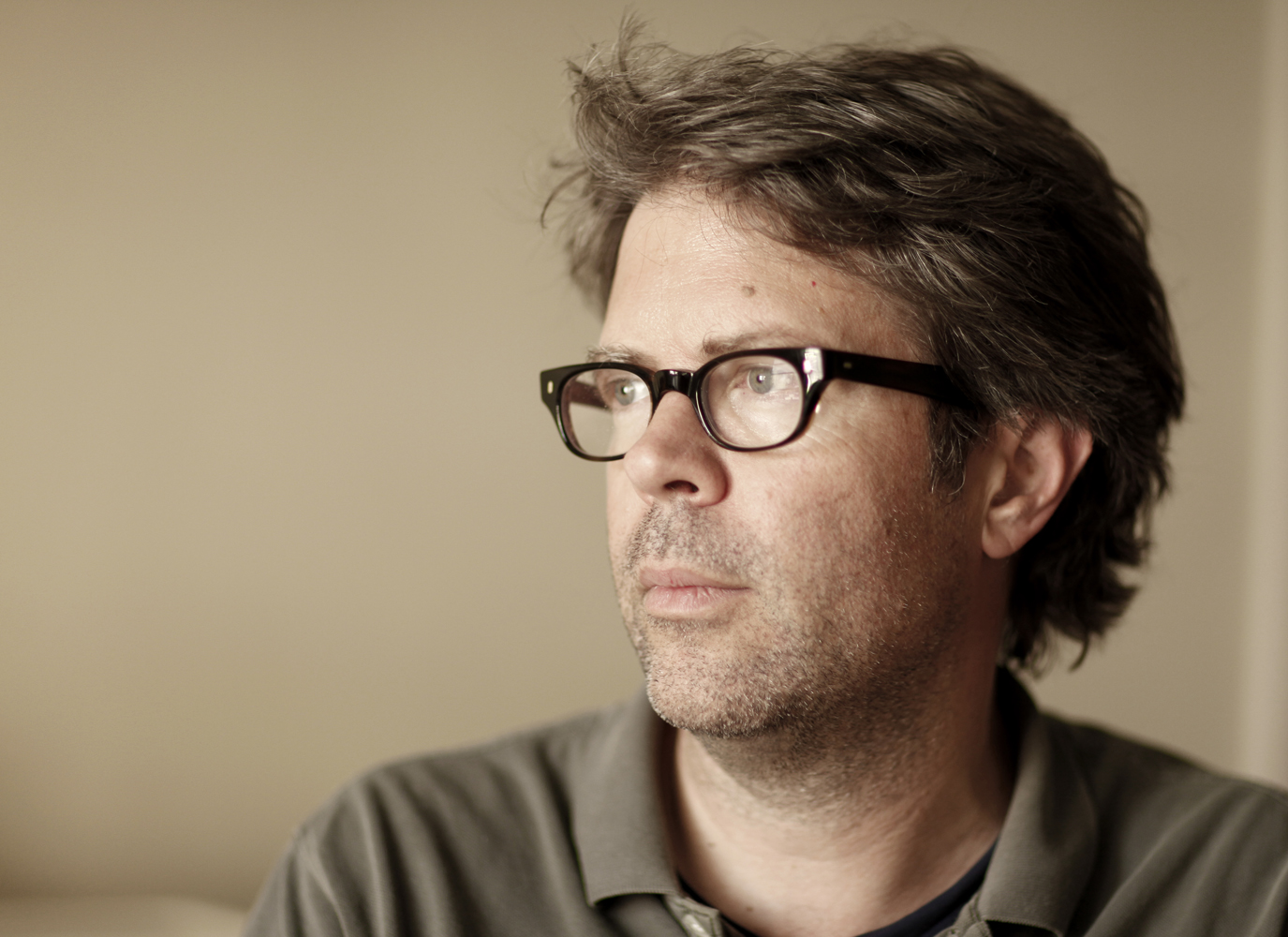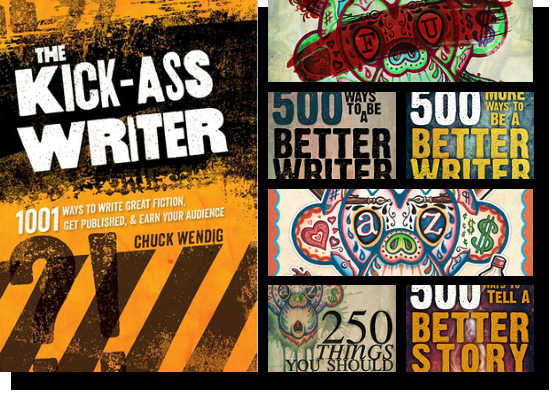With the shifts in technology and the economy (and even to some extent the shorter attention spans of the public), the publishing industry is changing. It had to change. Some of these changes are good news, others not so much. One of the biggest changes is publishing’s lack of faith in mid-list authors. Publishers are less likely to take chances, to nurture a solid author that might break through on their third or fourth. They are not prepared to put that much time and energy into a relationship that might not pay off.
What publishers are looking for is the next JK Rowling, James Patterson, Salman Rushdie… authors whose books will sell well when released and continue to sell well into the future (be that with their archives or new titles). As The Guardian pointed out, this doesn’t help authors like Hilary Mantel, whose first few novels were released to solid reviews but less than stellar sales figures. Or what about Lionel Shriver?We Need to Talk About Kevin was her seventh novel, after failing to really get noticed since the mid-1990’s. Would a publisher take a chance on someone like Shriver now? Perhaps not.
Death of the search for the next great novel: It’s all about quantity (sales), not quality of the work
Some cynics may think that publishers make all this magical money and don’t spend it on taking chances. To a degree, that’s accurate. But publishing any book costs money. A publisher will go through several rounds of editing with an author before typesetting the manuscript (which may or may not include custom designed features), proofreading, designing the cover, printing and/or costs associated with digital conversion for multiple platforms. Then there’s marketing, a launch (if you’re an author lucky enough to get one), etc. If you’re an unproved author, you’ll get as little of this TLC as the publisher can legitimately give you, but it still costs them. And where does that money come from? It is likely funded by the best-sellers on their list.
Publishers are businesses after all, their number one concern is making money. They can try to bullshit you with talk of their quest to find the next great novel, but let’s be honest, it is all lies. Let’s take a look at someone like EL James, for instance, the ultimate example of quantity whipping quality’s ass. No respectable publisher would take on that trash before it made a huge splash as a digital self-published title. Suddenly she had all the major publishers beating down her door to traditionally publish her. Random House won out and she’s made them millions.
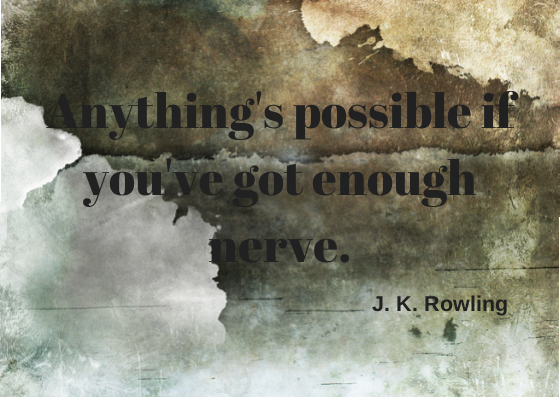 JK Rowling was the first billionaire author, according to Forbes. In 2012, she released her first non-Harry Potter novel, The Casual Vacancy. It reached the bestseller list before it was actually on-sale thanks to pre-orders. Queues on the day of launch were enormous. The hype and excitement caused by her celebrity status was incredible. The book, although it didn’t reach the dizzying heights of Harry’s final installment, sold over a million copies in its first three weeks of release. But the reviews? Incredibly mixed. Many of the ‘good’ reviews seemed a little bit pandering, focusing on the good and quickly passing through the bad – would they have been so kind to a first-time author? It is fairly well accepted that the novel contained a lot of flaws, but it still sold extremely well, so who cares? And now it is getting a BBC adaptation, cause you know, it’s JK Rowling, and it will make money (whether it is good or not).
JK Rowling was the first billionaire author, according to Forbes. In 2012, she released her first non-Harry Potter novel, The Casual Vacancy. It reached the bestseller list before it was actually on-sale thanks to pre-orders. Queues on the day of launch were enormous. The hype and excitement caused by her celebrity status was incredible. The book, although it didn’t reach the dizzying heights of Harry’s final installment, sold over a million copies in its first three weeks of release. But the reviews? Incredibly mixed. Many of the ‘good’ reviews seemed a little bit pandering, focusing on the good and quickly passing through the bad – would they have been so kind to a first-time author? It is fairly well accepted that the novel contained a lot of flaws, but it still sold extremely well, so who cares? And now it is getting a BBC adaptation, cause you know, it’s JK Rowling, and it will make money (whether it is good or not).
Series have proven themselves to be big earners – especially within genre fiction (such as crime and fantasy series). Not only does a successful series mean one successful book, but potentially many more. And the success isn’t limited to the books themselves. Successful book series can spawn mega film franchises (eg. Harry Potter) as well as big budget TV shows (eg. Game of Thrones). If your book – or series – has the potential to be adapted to the big or small screen, you are far more likely to get a publishing deal. Adaptations equal money and exposure.
Box office blockbusters vs. Independent features
The sad fact is that the margins are narrowing for all publishers. While the big publishers can rely on their blockbuster titles and their author brands to rake in the cash, what about the independent publishers? Well, as you can imagine, many of them are struggling. There is a lot of press about independent booksellers not being able to stay afloat with Amazon looming overhead, but where’s all the publicity on the failing independent book publishers and the lack of options for authors? Yes, authors can self-publish and that opens up a great deal of opportunity… but if the big publishers aren’t investing in unknown authors with untested brands, who is?
 There are some independent publishers still floating around but one of two things generally happens: they either fail or they do so well that they capture the attention of a bigger publisher who quickly buys them out. Very few successful independents stay that way for very long. Quercus, who found success with their Steig Larsson thrillers have just announced that after a bad year in 2013, they are selling up. Well, they put it far more eloquently, “We now feel that the skills and experience of Quercus’ team will flourish best within a larger organisation and so we’ve decided to put the company up for sale.” This comes barely a week after they proudly bigged-up their status as an independent publisher.
There are some independent publishers still floating around but one of two things generally happens: they either fail or they do so well that they capture the attention of a bigger publisher who quickly buys them out. Very few successful independents stay that way for very long. Quercus, who found success with their Steig Larsson thrillers have just announced that after a bad year in 2013, they are selling up. Well, they put it far more eloquently, “We now feel that the skills and experience of Quercus’ team will flourish best within a larger organisation and so we’ve decided to put the company up for sale.” This comes barely a week after they proudly bigged-up their status as an independent publisher.
Legend Press is one of my favourites from the UK (and no, I’m not just saying that because they occasionally give me free books to review, honest…) but my awareness of others is abysmally low. Of course, the less main-stream the content, the more likely there is to be an independent publisher. For instance, there are quite a number of independent poetry publishers, but they tend to remain very small and fail to get awareness outside of their already well-established circles.
Forget the idealistic nurturing relationship: Arrive perfect and complete or don’t bother showing up
What does this really mean for as-yet unpublished authors trying to head down the traditional publishing route (finding an agent and a publisher)? Well, it means you really, really need to work on your craft. Maybe that sounds obvious, but to some it might not be. Back in the day an agent and publisher may have taken you on if they saw great potential in your work. That might not be the case now. Potential isn’t enough, you need to hone your craft, have that shit down pat before you try to get published. No one is interested in watching you truly find your voice at their expense. If you aren’t going to start making waves for another few novels, they will ask you to come back once you’ve already written those novels (published or not) and can hand them a manuscript that knocks their socks off.
All is not lost: Creating your own brand
This doesn’t mean that you should give up on your dreams of being published via the traditional route. Maybe you just need to approach it in a different manner. Think of all those pop stars that made it big by developing a following through MySpace (back in the day) or YouTube (yep, YouTube is where Justin Bieber started). These people marketed themselves (yes, hard to do but not impossible). They developed their own style and unique image, confident that they had something to offer the world that people wanted to know about. And they were right. So why can’t an author do that? After all, EL James did! You might not like her or her awful writing (ok, I know I’m pushing my own agenda here, but it really is rubbish), but her story is (or can be) inspiring to those of us trying to make it.
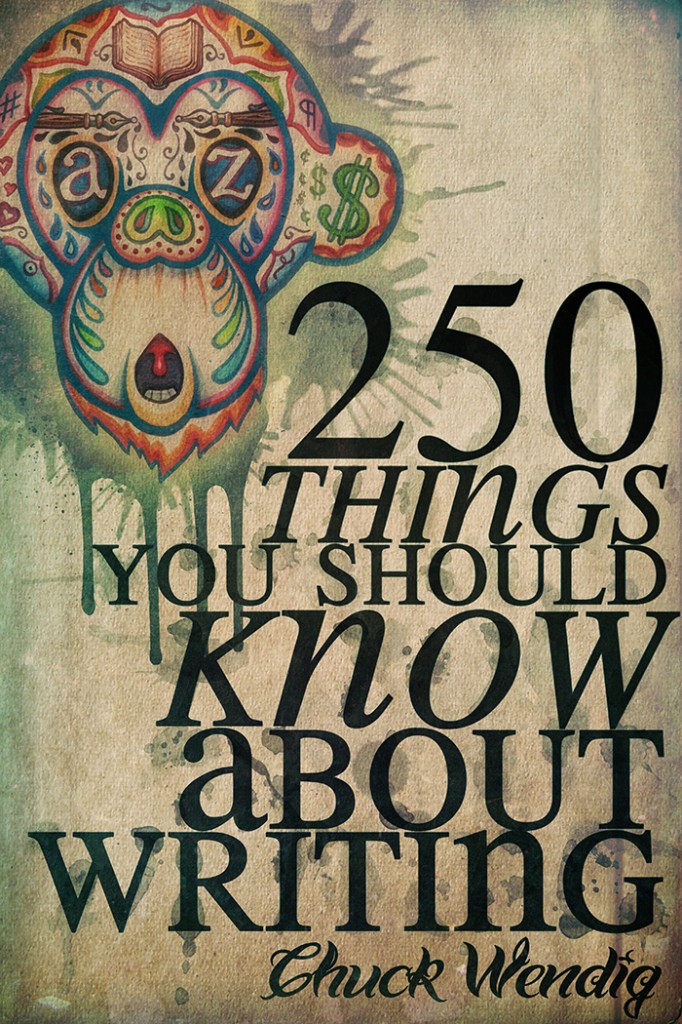 How do you go about creating your own brand? This is obviously easier if you have a very specific genre you write in or a particular style of writing. Get involved in online communities that are interested in the kinds of things you are. Blog and write articles for other bloggers. Get in touch with other people who are doing similar things or interested in similar things. Maybe get involved in collaborative projects. But always have a central place to market your own work, link to everything you’ve been doing, and get your voice out there.
How do you go about creating your own brand? This is obviously easier if you have a very specific genre you write in or a particular style of writing. Get involved in online communities that are interested in the kinds of things you are. Blog and write articles for other bloggers. Get in touch with other people who are doing similar things or interested in similar things. Maybe get involved in collaborative projects. But always have a central place to market your own work, link to everything you’ve been doing, and get your voice out there.
One of my favourite bloggers (and my personal writing advice god), Chuck Wendig, is very good at this. He has a very particular style of writing that he uses in all of his communication – whether it is via twitter or his blog. His writing style carries into his fiction writing as well. On his blog, he talks about writing and his interests that align well with the kind of fiction he likes. He has managed to get a following for his excellent writing advice as well as people who just have similar interests to him. All of those people in his community are now potential buyers for his books – his brand is born.
Branding yourself: How limiting can it be?
Maybe you think the sound of ‘branding’ yourself is far too limiting. I admit that I worry about this too. I am interested in writing literary fiction (you know, the next great novel to sit along-side The Great Gatsby and Catch-22, not that I’m aiming high or anything), fantasy, science fiction, comic books, film scripts, YA novels, etc. I’m interested in a lot of different genres and I like writing in different genres, so my ‘brand’ is a little less tangible than someone who wants to write crime thrillers, for instance. But it is still possible. To illustrate this, I’m going to use two excellent examples of authors who had a wide variety of output while maintaining a kind of ‘brand’ (although they were mostly ahead of the importance of ‘branded’ authors): Graham Greene and Iain Banks.
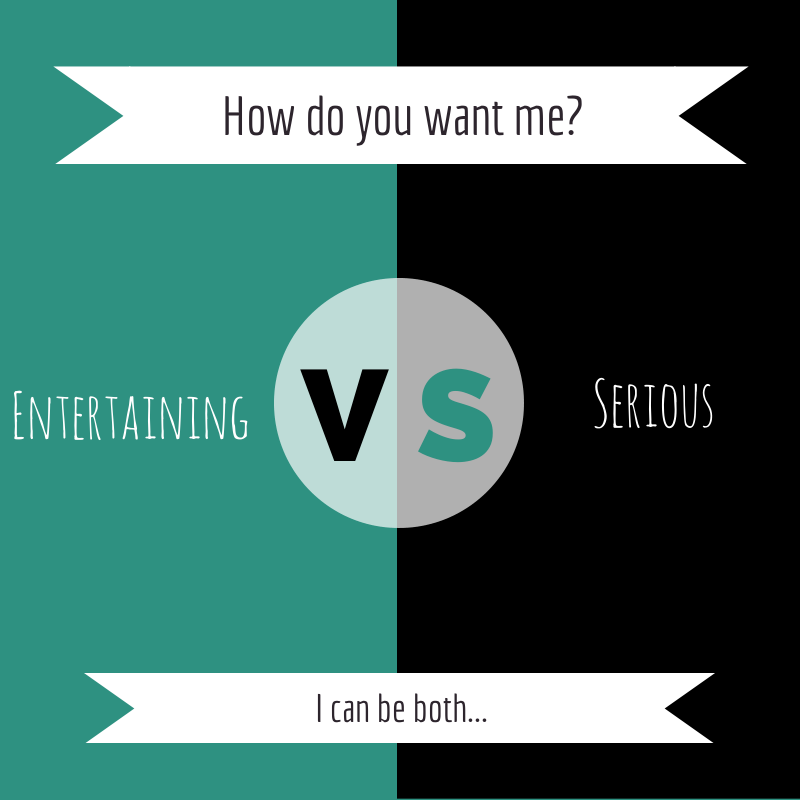 One of my favourite authors of all time, Graham Greene, recognized in his own outputs a divide. He recognized this divide by labelling some of his works as ‘entertainments’ and the others as ‘literary’. Most of his thrillers and novels written primarily to be adapted for the screen (as well as the odd comedy – Travels with my Aunt is great!) fall into the ‘entertainment’ category. These days readers might not see the distinction so clearly, his entertainment novels are better than most of the more serious works of fiction released these days. But if dividing his outputs made sense to him, his publishers, and his readers – to better advertise his works and to know which areas to market to, who is to say you couldn’t do something similar?
One of my favourite authors of all time, Graham Greene, recognized in his own outputs a divide. He recognized this divide by labelling some of his works as ‘entertainments’ and the others as ‘literary’. Most of his thrillers and novels written primarily to be adapted for the screen (as well as the odd comedy – Travels with my Aunt is great!) fall into the ‘entertainment’ category. These days readers might not see the distinction so clearly, his entertainment novels are better than most of the more serious works of fiction released these days. But if dividing his outputs made sense to him, his publishers, and his readers – to better advertise his works and to know which areas to market to, who is to say you couldn’t do something similar?
Iain Banks’ first few novels established him as a literary fiction powerhouse. But in 1987 he published his first science fiction novel as Iain M. Banks. This very small distinction created two separate and distinctive brands for the same author. Some readers love literary fiction, others like science fiction. Fewer readers love both, but they do exist (I’m one for starters!). But this very small distinction allowed for people to temper their expectations for each new publication he made. The lessons to be learned from these examples? It doesn’t matter if you have very different interests, just try to make them clear and distinctive when ‘marketing’ yourself!
While it is disappointing that publishers aren’t investing as much time and energy in developing new or mid-list authors, it doesn’t have to be the worst thing. If the big publishers aren’t providing an interesting variety of content, readers will look elsewhere to find it. You just might have to do a bit of work on marketing yourself and getting your work out there on your own.
 Pop Verse Pop Culture Universe
Pop Verse Pop Culture Universe
